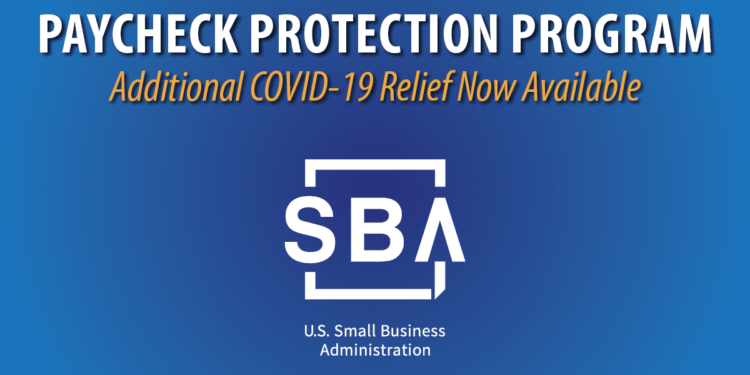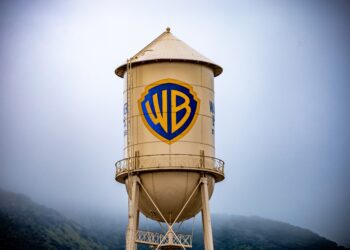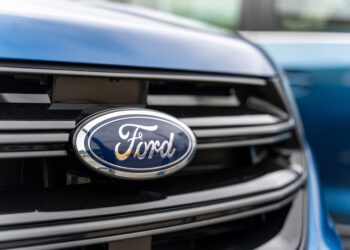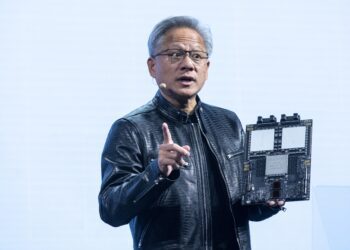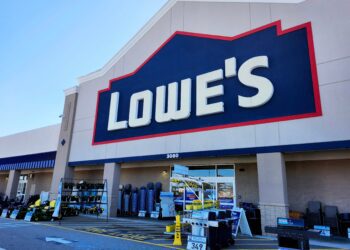The emergency Paycheck Protection Program (PPP) enacted at the beginning of the COVID-19 pandemic initially had little effect on employment, becoming more effective in later stages, according to economists at the Boston Federal Reserve.
The PPP was created in March 2020 by the US Congress to prevent pandemic related job losses at small and medium-sized businesses, providing for $800 billion in forgivable loans. In general only that part of the loan was forgiven whioch went directly to payroll.
Initially demand for the loans exceeded supply with 72% of eligible businesses applying for a loan and 36% receiving one.
“At this stage, loans tended go to businesses in areas that were less affected by the pandemic – for example, areas that were not under a government-mandated lockdown,” noted the reports authors. “Loans also tended to go to the largest of the eligible businesses early on, possibly because they were more likely to survive and because the banks were more invested in their survival due to existing or potential future lending relationships.”
As the demand for loans waned and additional funding became available the banks started lending beyond their preferred customers.
“As a result, the PPP money may have had a smaller effect on employment during the early weeks of the program but a larger impact when banks were not as selective and the loans were going to businesses in greater jeopardy of failing,” note the reports authors.
By Feike de Jong

